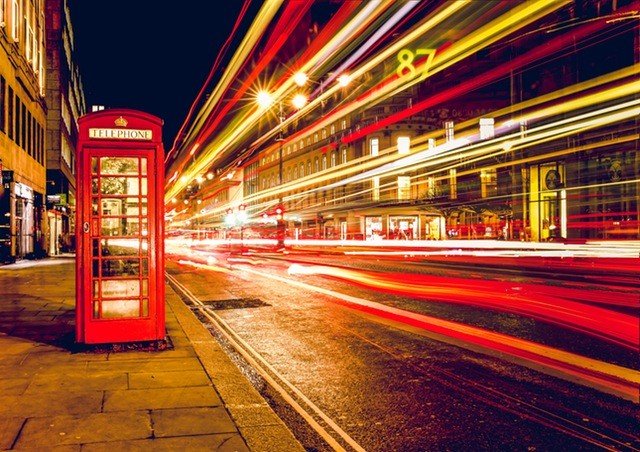
Nowadays, the word “smart” means two things: sophisticated computing ability and connection.
We use various smart devices in daily life, such as smartphones, smartwatches, tablets, smart bands, and smart key chains.
These devices help us build smart cities, where everyday objects are connected to the network technologies (i.e. internet of things, IoT).
One big challenge of managing a smart city is how to deal with big data.
In the city, every day a large amount of data is generated from different resources, including computers, cameras, smartphones, GPS, social network sites, commercial transactions, and games.
Big data can provide the city with valuable insights, but they require better data mining platforms.
In a review published in the International Journal of Information Management, researchers offered a comprehensive survey of big data in smart cities.
They focused on the role of big data in improving living standards in urban cities.
The paper first introduced state-of-the-art technologies.
In a smart city, interconnected sensors and equipment are embedded in hospitals, railways, bridges, tunnels, roads, buildings, dams, oil and gas pipelines, and they form the IoT platform.
The generated big data are stored and processed through cloud computing.
In addition, there are various smart network technologies. For example, radio-frequency identification (RFID) uses electromagnetic fields to automatically identify and track tags attached to objects.
Wireless sensor network (WSN) can monitor physical or environmental conditions, such as sound, temperature, and pressure.
The paper then discussed applications of big data in a smart city. Smart grids are electrical grids that can help people analyze and integrate real-time power generation, supply, and consumption.
Smart healthcare uses proper analytics tools to collect and analyze patients’ data, predict epidemics, cures, and diseases.
Smart transportation means using traffic big data to minimize congestion, reduce accidents, optimize shipping movements, and even protect the environment.
Smart governance means that big data help identify organizations with common interests and build collaborations between them.
Two examples of smart cities were discussed: the city of Stockholm and the city of Helsinki.
Running a smart city is not easy. There can be lots of challenges, such as planning, sustainability, cost, data integration and analysis, and privacy protection.
Researchers suggest that big data can play an important role in gaining valuable information and making decisions, but it is still in its infancy and needs to be more practical.
Copyright © 2018 Knowridge Science Report. All rights reserved.



